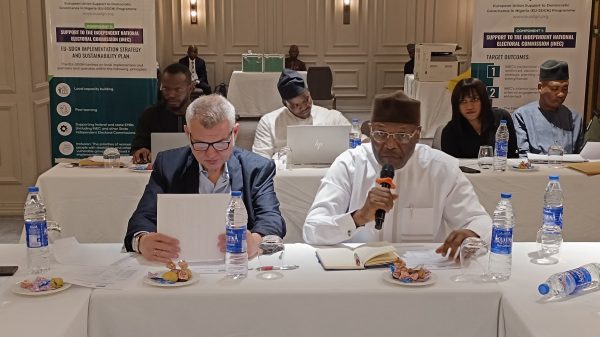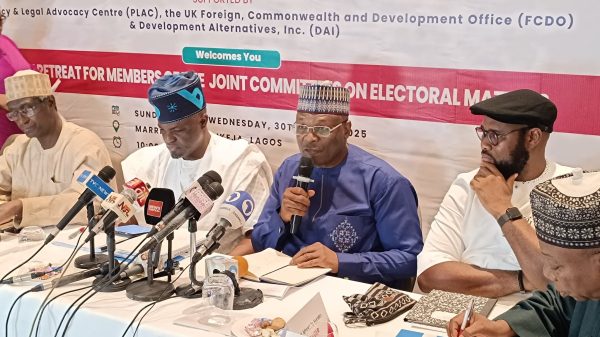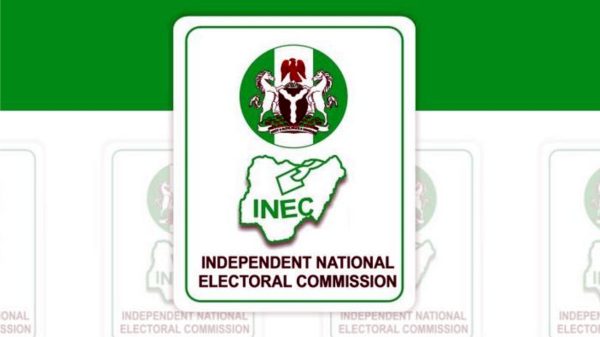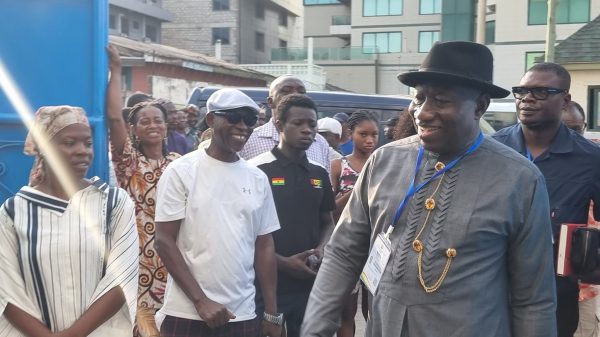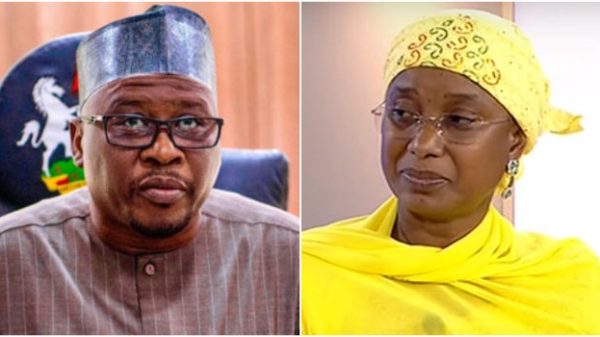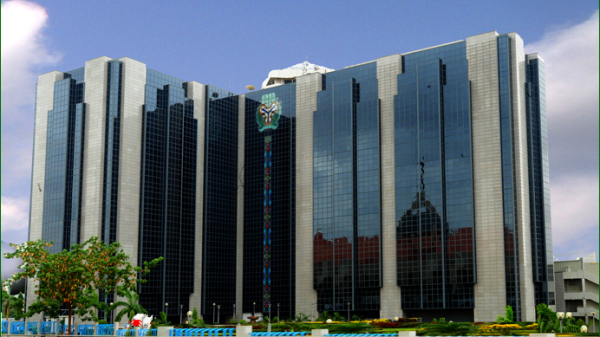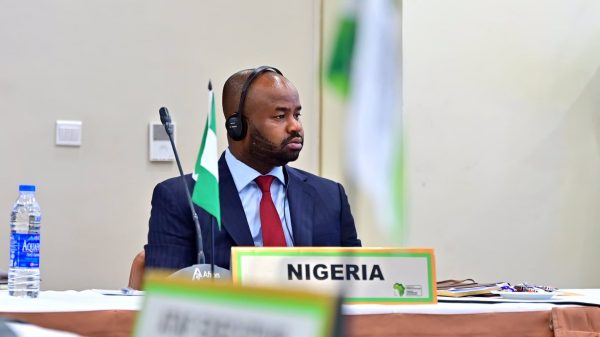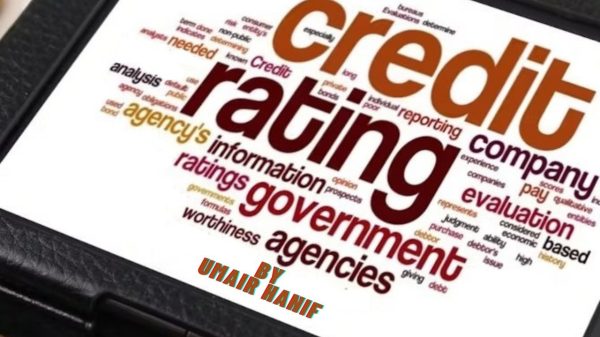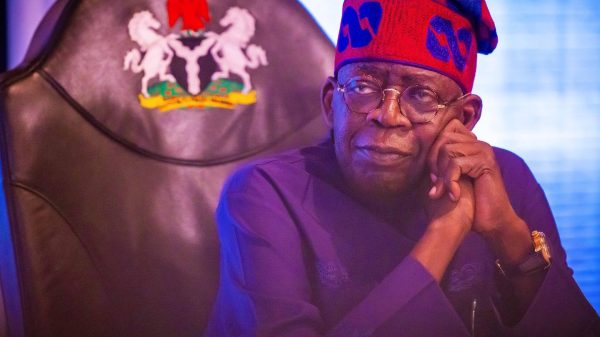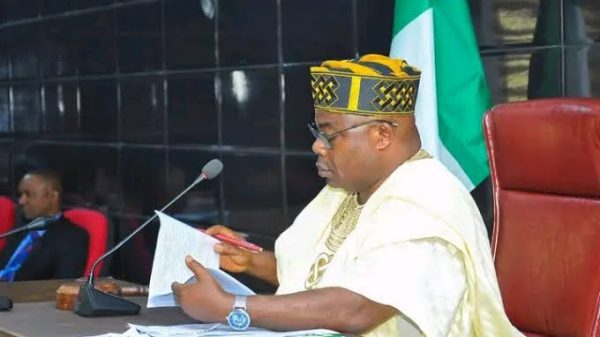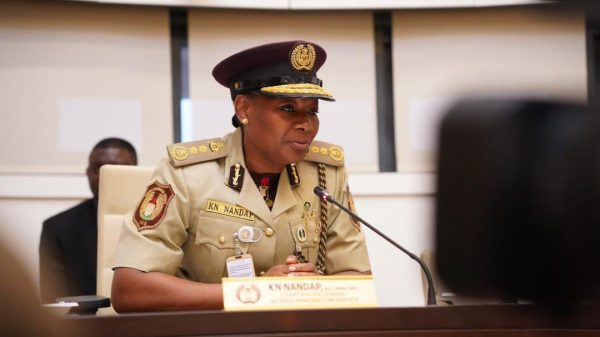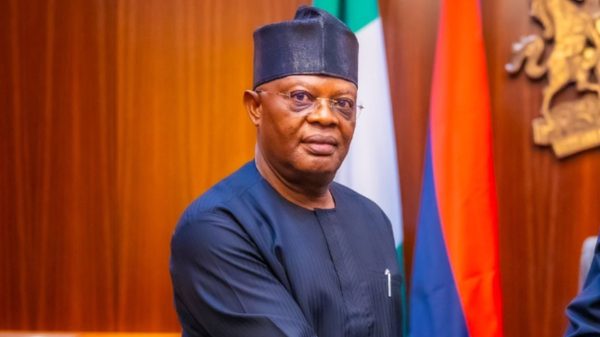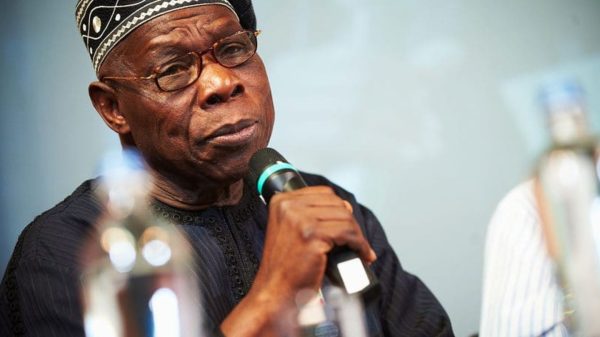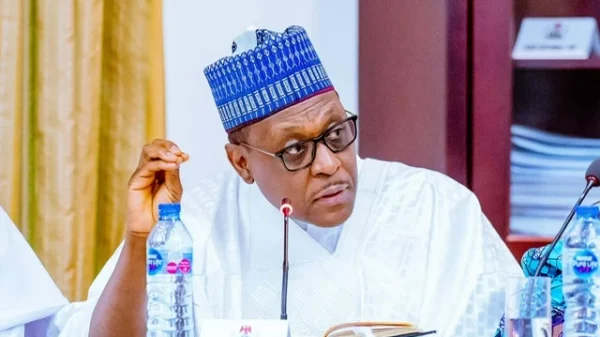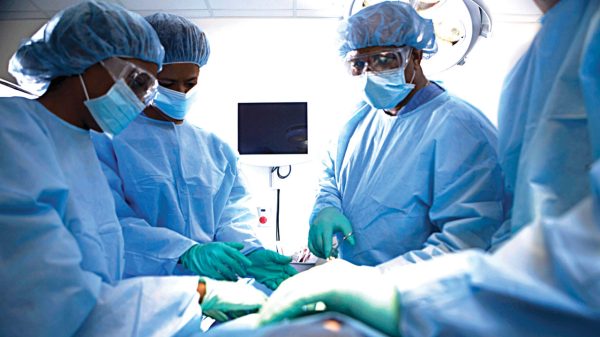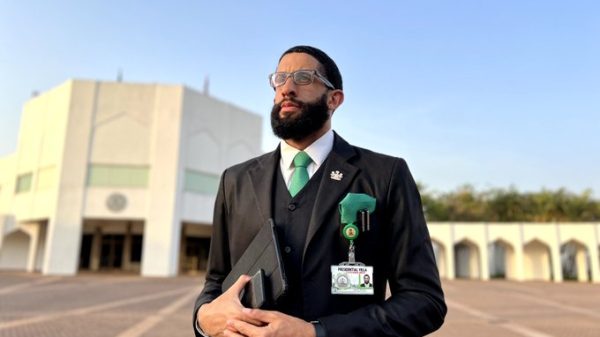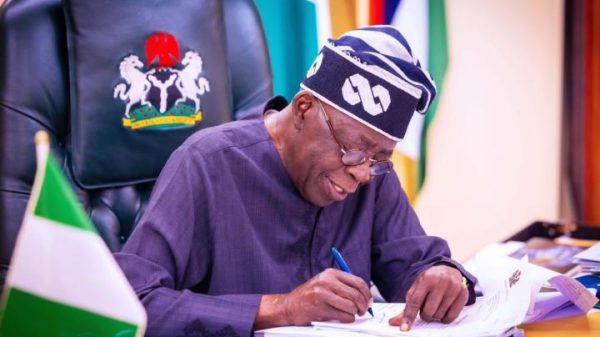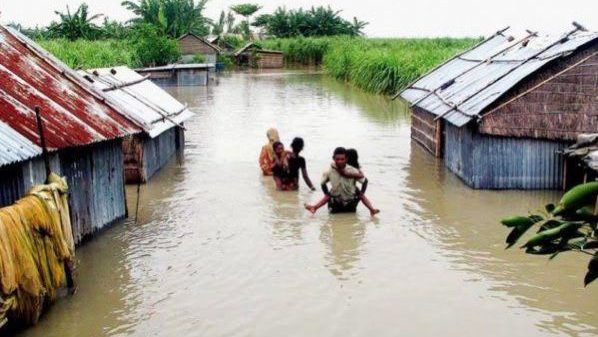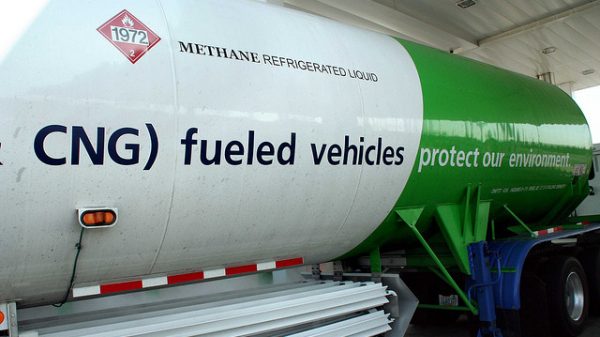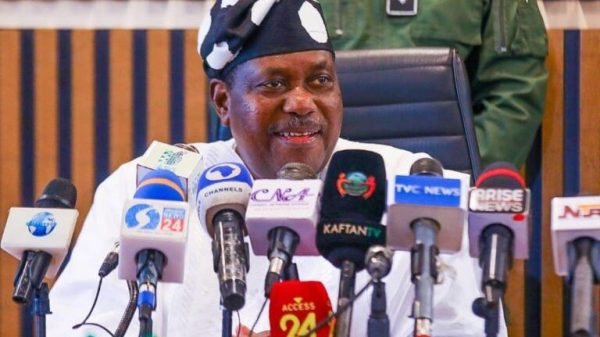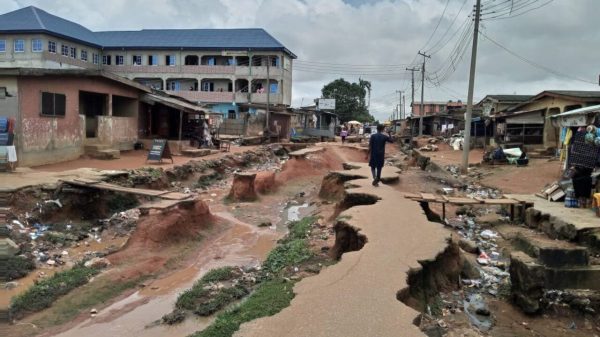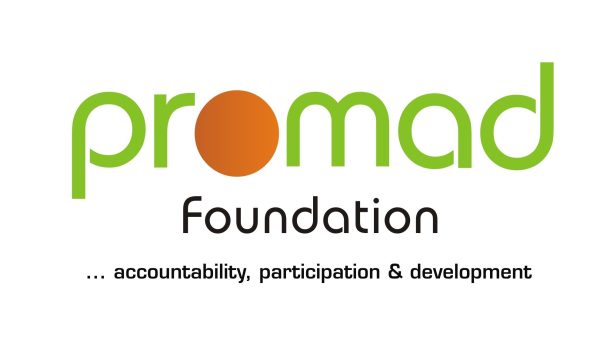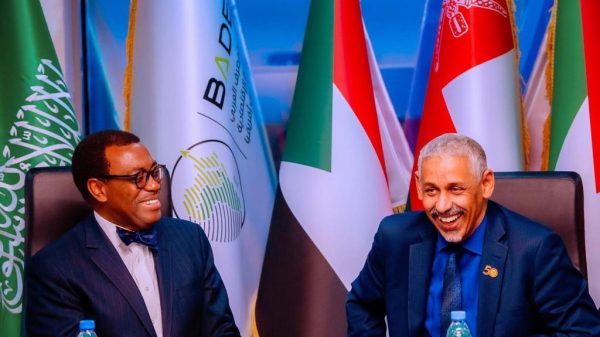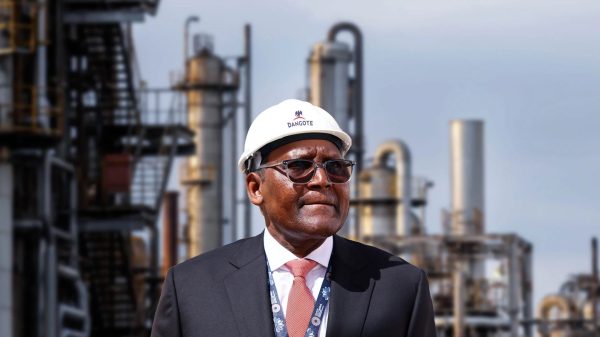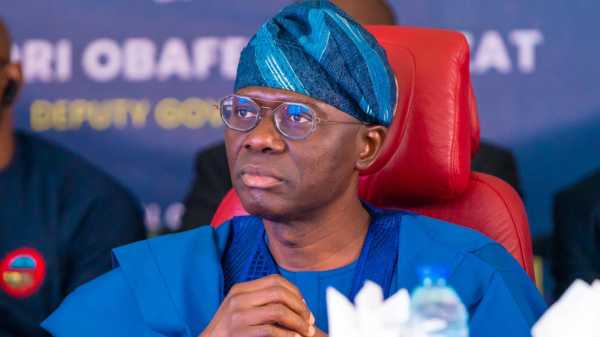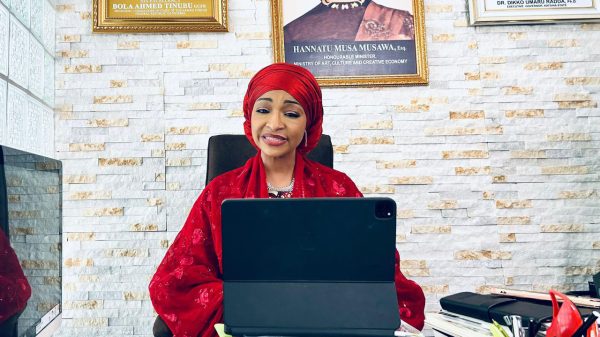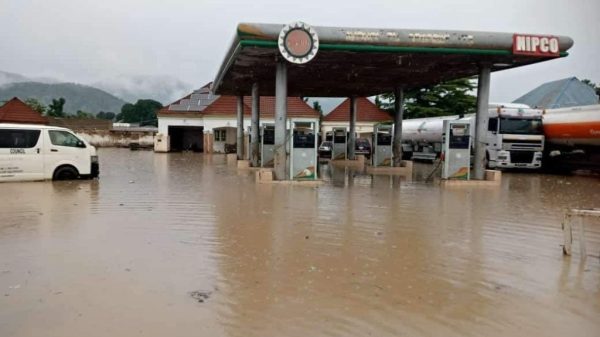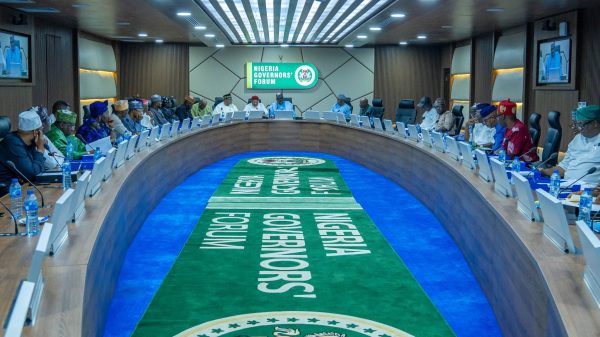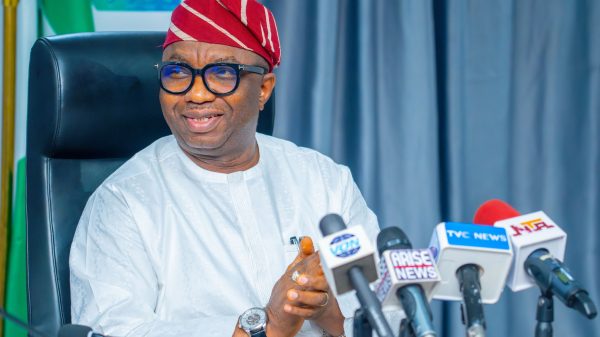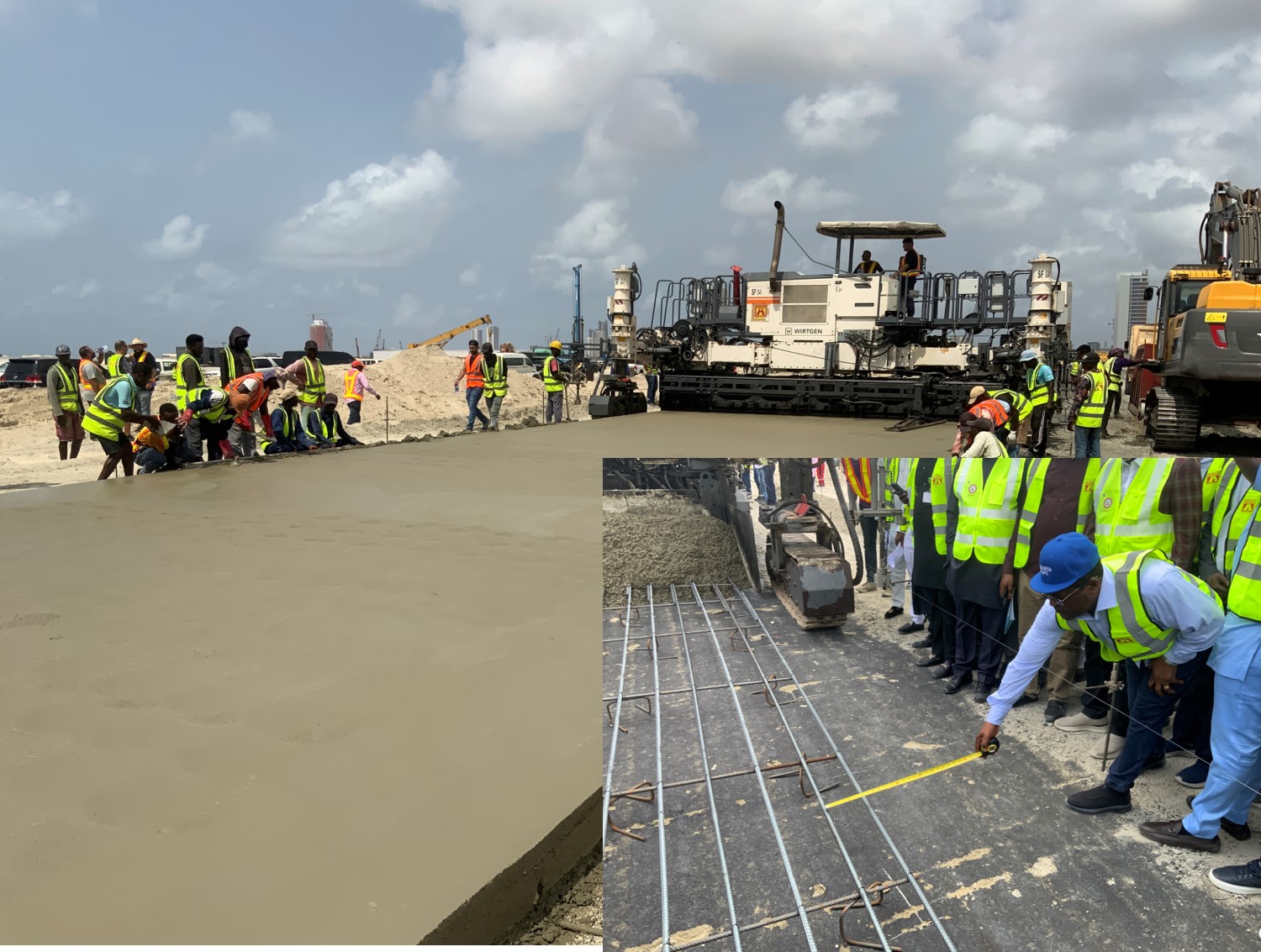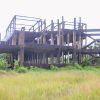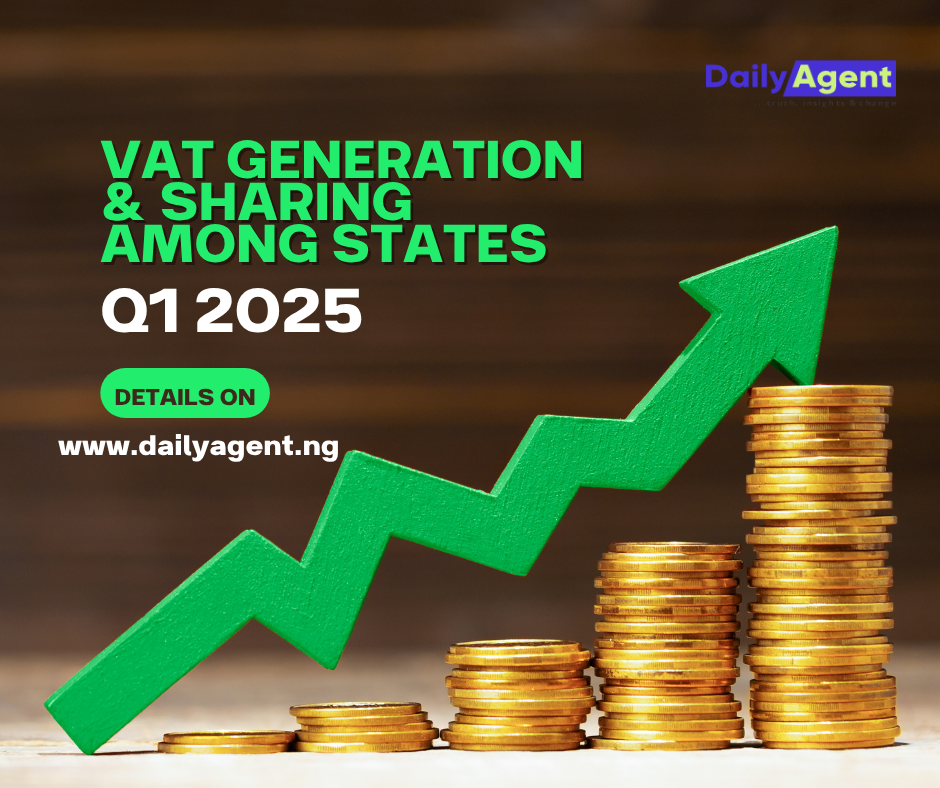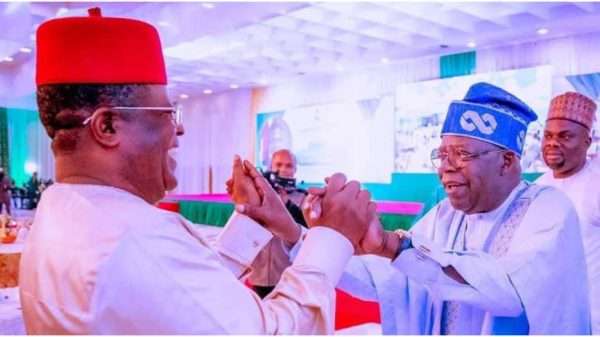Abuja, Nigeria
The Federal Ministry of Works (FMW) says the choice of constructing the Lagos-Calabar highway is backed by the potential of the investment to boost the country’s Gross Domestic Product (GDP).
This was contained in a statement published on FMW’s website.
The ministry accused those criticising the administration of Bola Ahmed on the project, saying they are either novices about the concept of engineering, procurement and construction plus financing (EPC +F) or deliberately antagonising development on the altar of politics.
“Those criticizing the ongoing Lagos- Calabar coastal highway project being Done by The Renewed Hope Administration of President Asiwaju Bola Ahmed Tinubu either have little knowledge of the concept of EPC+F on project financing or are deliberately sacrificing The cause of development at the altar of politics, the ministry noted.
“The trending posts of criticisms by some notable politicians on the propriety and priority of the Lagos-Calabar coastal highway project being executed by the Renewed Hope administration of His Excellency President Asiwaju Bola Ahmed Tinubu GCFR are no doubt baseless thoughts of critics who are either bereft of the knowledge of the workings of the project initiative or they deliberately want to sacrifice the modest developmental efforts of Mr. President at the altar of their political ambitions.
The ministry noted that the commencement of the project under the leadership of David Umahi as minister in the Renewed Hope administration was a strategic national developmental trajectory.
According to FMW, the Lagos- Calabar coastal highway project is being done under EPC +F—a project financing mechanism in which EPC+F contractors also arrange financing for the project.
“EPC+F is Engineering, Procurement and Construction plus Financing. The engineering here includes design and specification. This initiative provides a fixed price, and fixed date, and transfers risks to the contractor. This type of funding requires only counterpart funding from the Federal Government. Such funds are sourced by contractors who have confidence in the economic policies of the government, which essentially entails allowing the participation of the private sector in road infrastructure development through PPP or EPC+F”.
The federal government has inaugurated a committee on compensation for owners of properties to be affected by section 1 of the Lagos- Calabar coastal highway.
During the inauguration, the minister emphasized the nature of the project funding and the workings of EPC + F, quoted saying, “And graciously, Mr. President had approved that this section three will start from Calabar, which is the endpoint of the project, and start running towards Akwa Ibom. So, the 700 km is procured under phase one, in phases, and it’s EPC +F. EPC+F is engineering, procurement, construction, and finance. And so, under this kind of arrangement, the contractor is expected to bring in a certain amount of money, and the Federal Government is expected to pay certain counterpart funding.”
“No patriotic Nigerian should discourage this kind of project where funding is substantially from the contractor. There is no doubt that Mr. President is aggressively tackling the backlogs of uncompleted road projects. In the 2023 Supplementary Budget, Mr. President approved funds for intervention on the over 260 dilapidated roads nationwide.
“The 2024 appropriation made provision for capital investment on our critical roads across the 6 Geo-political zones of Nigeria. He is not into rhetoric like many politicians who talk high but can do only less. The administration of President Tinubu is making roads that will stand the test of time. The roads he is fixing will facilitate economic recovery.
On the importance of the Lagos-Calabar coastal highway project to the economy of the nation, the minister said it was clear that the coastal highway, when completed, will foster national economic growth.
“Notably, all roads in the country are important as reflected by the interventions of this administration on road rehabilitation across the nation, but the coastal highway offers much more economic benefits to the nation because of its connectivity to the North and South through the existing spurs.
“The road, when completed, has the potential to increase Nigeria’s GDP and trigger industrialisation, create trade, enhance the transportation of goods and services, and safety of road users. The road is going to be the biggest super highway in Africa in terms of structure and solidity as we all as utility value, having ten lanes with a rail track designed for concrete technology, covering 700 kilometers.
“It is going to attract foreign direct investment to Nigeria, and it is going to trigger economic development. It is going to develop the potential of our coastal businesses, especially at the local economic corridors, and boost tourism and marine businesses,” the minister said.






